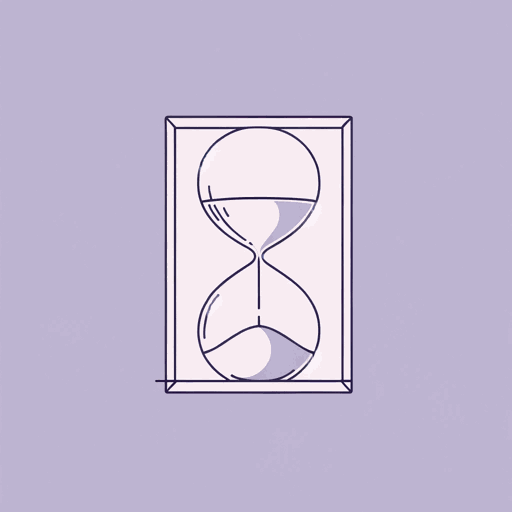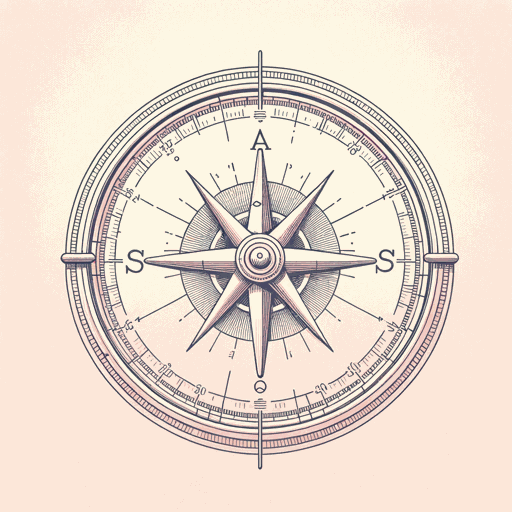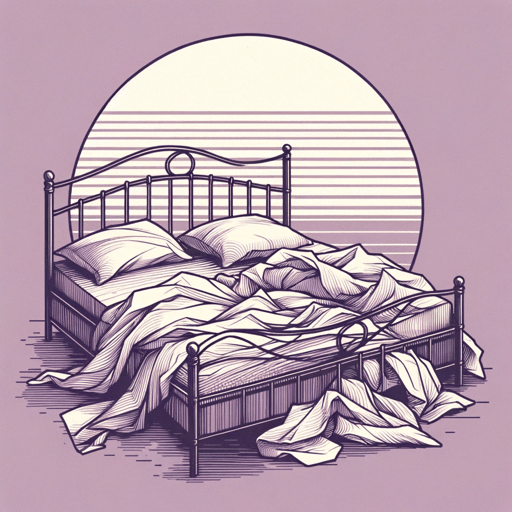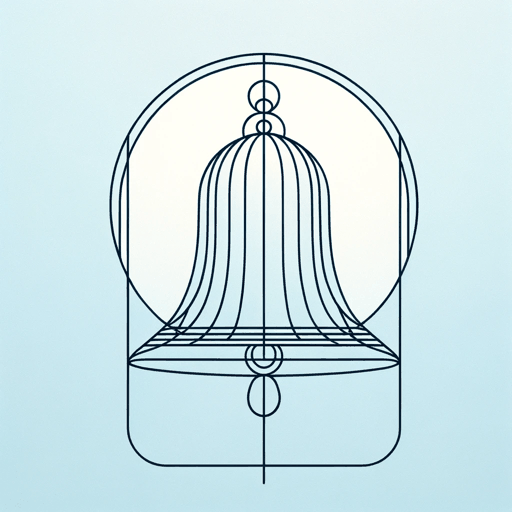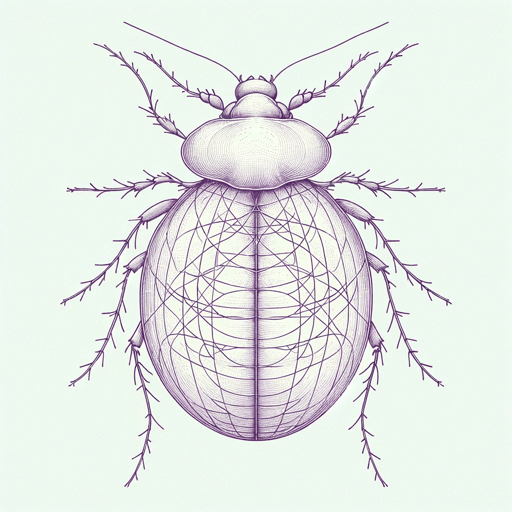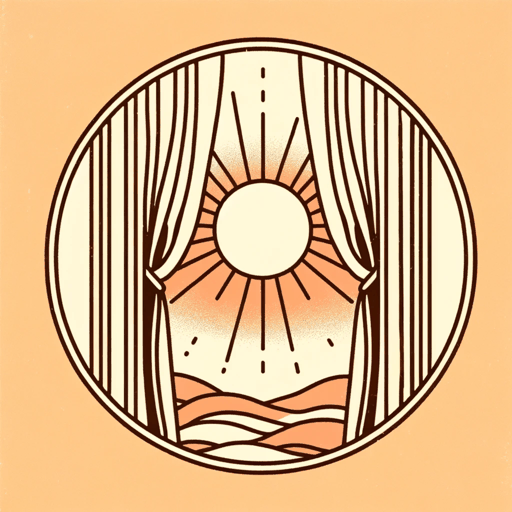18 pages • 36 minutes read
John DonneDeath Be Not Proud
Fiction | Poem | Adult | Published in 1633A modern alternative to SparkNotes and CliffsNotes, SuperSummary offers high-quality Study Guides with detailed chapter summaries and analysis of major themes, characters, and more.
Themes
The Illusory Power of Death
In Christian medieval Europe, death was often personified as the Grim Reaper, a skeletal, robed figure with a scythe who harvested human souls. Donne’s figure of death is quite different. There is nothing grim about this death. Instead, he is full of pride in his destructive power, at least according to the poem’s speaker. In traditional Christian thought, pride is one of the Seven Deadly Sins, but in this poem Donne comes up with a clever twist: It is death, rather than a person, who is guilty of committing this sin. Then comes another twist: Ironically, death has nothing to be proud of, says the speaker, since death’s power is all appearance rather than substance; it is, in truth, illusory. Death is therefore presented as a prideful, deluded sinner.
It is this understanding of death, infused by Christian beliefs, that enables Donne’s speaker to stand up to death. He does not cower in a corner, afraid, waiting for the Grim Reaper to come and get him. On the contrary, he takes the offensive, and he is in earnest, knowing that he has scripture on his side. Death is not extinction. It is not a final state but a temporary condition.
Related Titles
By John Donne
